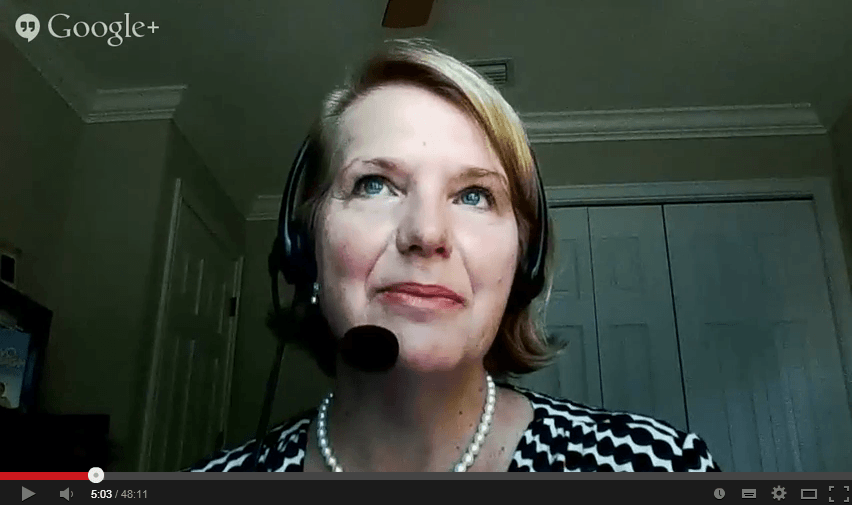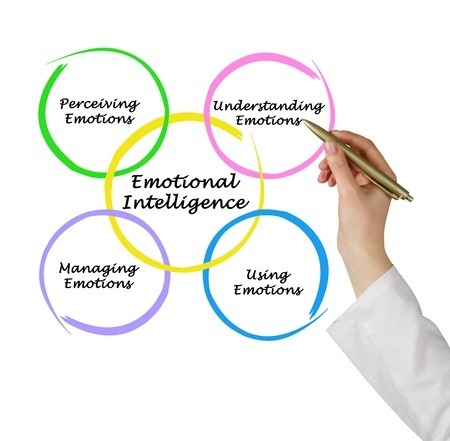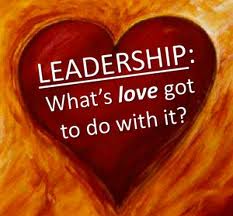Why Executives Lack of Emotional Intelligence?
The higher you are in the org chart, the less emotional intelligence you demonstrate.
Have you ever been in a situation, either in your work or personal life, where you couldn’t understand why you were so upset, frustrated, angry or any other emotion? The ability to identify, assess, and control your own feelings is known as emotional intelligence. It also applies to how you perceive, evaluate, and respond to the emotions of others. Being able to express and influence your own emotions can be a challenge sometimes, but being able to understand, interpret, and respond to the emotions of others can be an entirely different animal.
We spend 90% of our time communicating
The workplace is full of human interactions, which can lead to some complex situations where people may interpret or react emotionally in different ways. It is very important that leaders be able to be sensitive to and manage others feelings and emotional reactions. As a leader you need to be able to be perceptive of your team’s emotions so that you can use this information to guide your thinking and actions but as well to lead better.
According to Peter Salovey and John D. Mayer, leading researchers in this area, there are four different factors to emotional intelligence:
 Perceiving Emotions: When it comes to understanding emotions, accuracy in perception is essential. This may include having to read nonverbal signs, such as facial expressions and body language.
Perceiving Emotions: When it comes to understanding emotions, accuracy in perception is essential. This may include having to read nonverbal signs, such as facial expressions and body language.
Reasoning with Emotions: Emotions generally influence what we pay attention to and prioritize. You need to use emotions to promote thinking and cognitive activity.
Understanding Emotions: The emotions that we perceive can have an abundance of different meanings. If someone is angry, one must interpret the cause of the anger and what it could mean. For example, we all have seen that angry customer in line yelling at the cashier. Their anger could be caused by something that directly happened with the cashier, or it could be that they had a bad day at work, are fighting with their spouse, etc.
Managing Emotions: The ability to manage emotions effectively is a key to emotional intelligence. Regulating emotions, responding appropriately to your own emotions and the emotions of others are central components to emotional management.
Leaders who achieve effortlessly and inspire demonstrate Emotional Intelligence
Your level of emotional intelligence has a direct impact on your life, productivity, and achievement. You can work on this by always remembering that your thoughts determine your emotions. Sometimes challenging one of this thought will open the door to a more positive emotion.
By doing this, it will facilitate your ability to communicate clearly and with care. This is essential to implement in your workforce; it will promote effective and clear communication while still being sensitive and aware of how others – and customers – respond. This will directly affect how well your business runs, create a positive culture, and will be a competitive edge.
As a leader in the workplace, it is important to recognize that your employees are looking to work somewhere where they are understood by leadership as well as their colleagues. They are also very mindful of the culture; they want to be able to work in a place that allows them to be themselves and allows them to express their passion, fulfills their desires, and allows them to truly tap into their talent and reach their full potential. Sometimes, a leader can become so preoccupied and focused on their own goals that being sensitive to their employees’ needs and how to serve them may fall by the wayside. These employees are what allow the leader to continue in their role and essentially produce the statistics the leader needs to be measured as effective. Leaders are deemed successful in their roles when they can promote effective teamwork that gets the best performance from each of the members and increase productivity. This means that leaders need to be strong and supportive at the simultaneously.
Emotional intelligence allows leaders to be influence and lead other more effectively.
 As an individual when you are able to identify what matters to you, what drives others, you become a more powerful person and you lead yourself and other where you want. Far too often leaders do not realize that others may not have the same drivers to succeed or an equal willingness to “sacrifice” in order to advance as they themselves have. Everyone is unique and different, and it is important for not only leaders but for all of us to embrace those differences and utilize them to leverage strengths, which in the end can create opportunities for the business itself. Essentially, it is important to practice emotional intelligence in order to create desired results for the business.
As an individual when you are able to identify what matters to you, what drives others, you become a more powerful person and you lead yourself and other where you want. Far too often leaders do not realize that others may not have the same drivers to succeed or an equal willingness to “sacrifice” in order to advance as they themselves have. Everyone is unique and different, and it is important for not only leaders but for all of us to embrace those differences and utilize them to leverage strengths, which in the end can create opportunities for the business itself. Essentially, it is important to practice emotional intelligence in order to create desired results for the business.
Here are five helpful tips that you can work on to improve productivity in the workplace:
Genuinely care about people and express it. All employees, and anyone for that matter, want to know that their effort and hard work is appreciated. Always say thank you and take time to be a mentor. These are simple, yet powerful, gestures.
Embrace differences. Be inclusive of differences and use this knowledge to leverage strengths and abilities that are useful for the project or situation. Everyone has a unique perspective and when they are brought together, you are left with innovations and opportunities. People also appreciate those who accept and embrace what sets them apart from others.
Allow people to experience success and significance.
Everyone wants to feel like they make an impact where they work, so as a leader it is important that you lead your team or employees in ways that allows them to experience feeling successful and significant.
Be accountable.
To earn the respect, it is crucial that you treat yourself as an equal in regards to accountability. Be approachable, admit when you have committed an error, and be transparent. Doing so will build trust and support.
Be mindful of others’ needs.
Everyone has the capacity to improve their performance and productivity. This requires you to be mindful of what others need, including feedback and recommendations.
Just by changing a few things that you do as a leader and by becoming more aware of how you feel and react, as well as how others around you feel and react, you can change your team and workplace for the better; employees want to work hard for someone that they trust. Being mindful and exercising emotional intelligence will allow you to become a better leader. And never forget that the larger the gap, the easier it is to forget what it was like to work in the trenches.




















